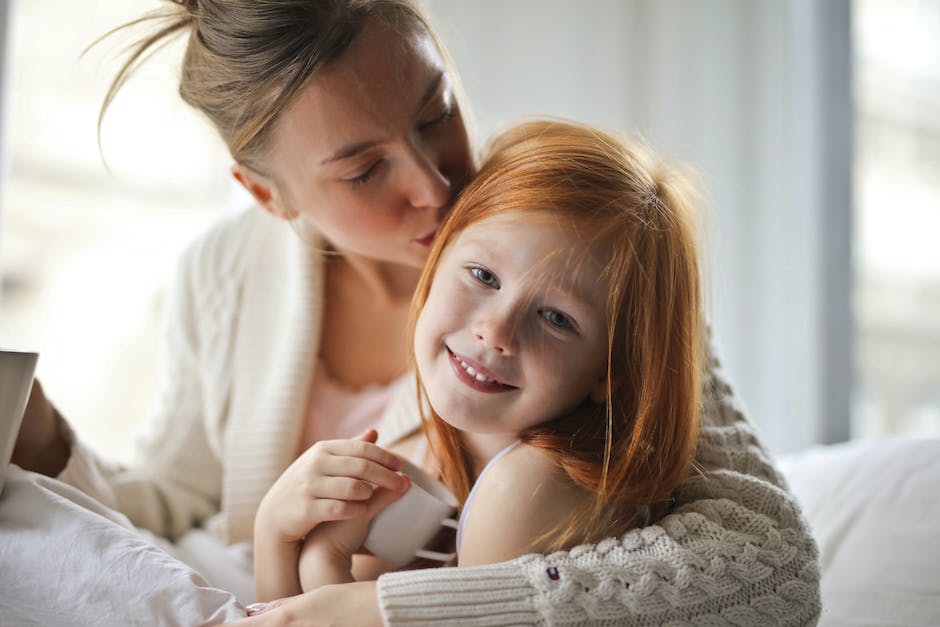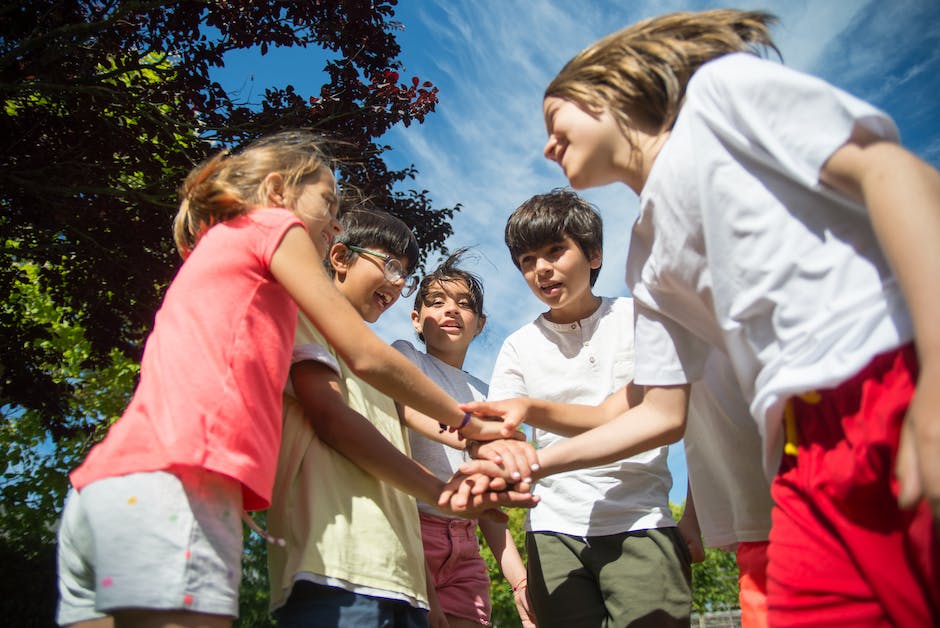In the journey of life, numerous aspects contribute to the overarching sense of personal fulfillment and happiness. One of the major life decisions often tied to creating a sense of purpose and joy is parenthood. However, the narrative that children are the cornerstones of happiness remains a topic of robust debate. Bringing a life into the world is believed to elevate life’s joy and fill the parents’ hearts with immense delight. Yet, there is growing evidence suggesting that parents, in some circumstances, may not be the happiest individuals. This essay aims to explore the relationship between parenthood and happiness, investigating from various perspectives to present a comprehensive view of the subject.
Defining Happiness and Measuring its Levels
Happiness: A Fluid Concept
Happiness, in general, is a subjective and fluid concept. It can be defined and experienced differently by different people. Generally, it is understood as a state of well-being and satisfaction with one’s life. Many people associate happiness with the presence of positive emotions and the absences of negative emotions. Personal fulfillment, on the other hand, is often described as the achievement of life goals and the development of one’s full potential. While the two concepts have different nuances, they are often closely linked. Many people believe that achieving personal fulfillment leads to greater happiness.
Methodologies and Metrics for Understanding Happiness
In the scientific literature, happiness and personal fulfillment are often measured through different types of objective and subjective evaluations. Objective measures can include financial stability, educational attainment, and health status, among others. Subjective measures, in contrast, can include self-reported levels of happiness and satisfaction with various aspects of life. Some of the most commonly used metrics in happiness research include life satisfaction, affect balance, and the quality of life index. All these methodologies and metrics provide tools to understand the overall well-being of individuals in various contexts including familial, parental, and non-parental environments.
Unraveling the Happiness Quotient in Parenting
Debates regarding the question, “Does having children make individuals happier compared to those who don’t have them?” have endured for years. This divisive question brings the happiness factor associated with being direct biological parents and the gratification received from nurturing the subsequent generation to the forefront. It also reminds us of the intriguing sense of purpose which is synonymous with bringing up children. The association between joy and parenting can be intricate due to the vast scope of parental undertakings, as well as the multitude of experiences and confrontations intrinsic to raising offspring. The key is to appreciate the multifaceted nature of parenting experiences that encompass a mix of joy, fulfillment, pressure, and strain.

Benefits of Parenthood and Impact on Happiness
The Confluence of Purpose, Connection, and Parenthood
Despite the physical and emotional tribulations tied to raising children, parents often find an enriched sense of purpose that is hard to come by elsewhere. A study showcased in the Journal of Personality and Social Psychology reveals that parents admitted to experiencing higher levels of happiness and purpose than non-parents. Psychologists attribute this sentiment to an inherent drive to nurture and support another human being. Consequently, the highs and lows associated with raising children not only evoke a gamut of emotions but also pave a distinct path of purpose in life.
On another note, the emotional bond forged through child-rearing often triggers strong feelings of happiness and fulfillment. Research published in the Journal of Marriage and Family substantiate this, indicating that acts of care, sharing, and mutual love can boost one’s happiness quotient. Be it celebrating the child’s first steps or their graduation, these crucial moments and everyday connections bestow parents with an abundance of happy emotions.
Growth and Personal Happiness from Parenthood
Raising children, while quite a challenge, can bring about personal growth and fulfillment. Parenthood comes with perpetual learning curves and the need to develop vital life skills, such as improved communication, patience, and empathy. A longitudinal study published in the journal Social Psychological and Personality Science indicates that parenthood often leads to greater satisfaction and improved emotional well-being, particularly in later years of life.
Statistical data also support the connection between parenting and increased happiness. Research from the Happiness Research Institute in Denmark shows initial declines in happiness just after the birth of a child, likely due to immediate stress and significant lifestyle adjustments. However, over time, happiness levels tend to rise again and often surpass the happiness parents felt before having children. Thus, the data point towards higher reported happiness levels among those with kids as compared to those without.

Counter-View: Happiness without Children
The Joy in Choosing a Childfree Lifestyle
While society often associates profound joy and fulfillment with parenthood, it’s crucial to remember that happiness is subjective and looks different for everyone. Many people find equal or greater happiness in leading a childfree life, enjoying the flexibility and liberty it provides.
Opting out of parenthood doesn’t equate to avoiding family commitments but often allows for more time and resources to nourish existing relationships. Being childfree opens doors to personal development, satisfying careers, enriching hobbies, and unplanned adventures that might be more challenging with child-rearing duties. Additionally, the absence of the psychological pressure associated with parenthood provides mental health benefits. Financial stability is another advantage, with the funds that would have been spent on child-rearing redirected towards personal growth, travel, philanthropic endeavors, or other satisfying pursuits.
Embracing a childfree lifestyle isn’t disregarding happiness; it’s acknowledging happiness in a different form. Society should not dictate a single way of life as ideal; instead, diversity in all its forms should be celebrated, particularly when it comes to personal happiness. Ultimately, the happiness someone experiences is subjective, based on their chosen lifestyle, and should not be constrained by societal norms.

Examining Studies Comparing Both Groups
Deciphering the Happiness Dilemma
The parental happiness paradox, revealed by numerous studies, adds another layer to this discussion. These studies posit that individuals without children are, statistically speaking, happier than those with children. When breaking it down, factors such as financial pressure, sleep deprivation, and decreased free time, all commonly associated with parenting, are considered. It’s crucial to remember that children may not always provide a sense of satisfaction for everyone, as ‘happiness’ remains a profoundly subjective and personal measure.
Analyzing the Variables
On the other hand, there are studies which point towards increased happiness levels in those with children. This analysis often revolves around the deep emotional fulfilment that being a parent can bring, the sense of purpose, connectedness, and love derived from nurturing another human being. These experiences are, in many cases, argued to contribute significantly enough to one’s overall happiness, making up for any immediate hardships. The personal gratification of providing and witnessing a child’s progress and milestones is another aspect that these studies highlight.
However, it should be noted that these results often depend on various variables such as the age of the parent, the child, the country of residence and its cultural norms, family support system and marital status. The picture and understanding of happiness in parents versus non-parents are, thus, complex and multi-dimensional.

The complexities of happiness intertwined with the decision of parenthood demonstrate that there’s no ‘one-size-fits-all’ solution. The source and levels of happiness vary widely among individuals based on their personal preferences, circumstances, and values. Some may find their utmost joy in raising children, leveraging the unique bonds and personal growth that parenthood offers, while others find contentment in the freedom and flexibility that a childfree life provides. Therefore, deciphering the equation of happiness is subjective and personal, rather than an objective reality. The beauty of life lies in the diversity of paths we choose to walk, each one guiding us towards our definition of happiness, be it with children or without.
